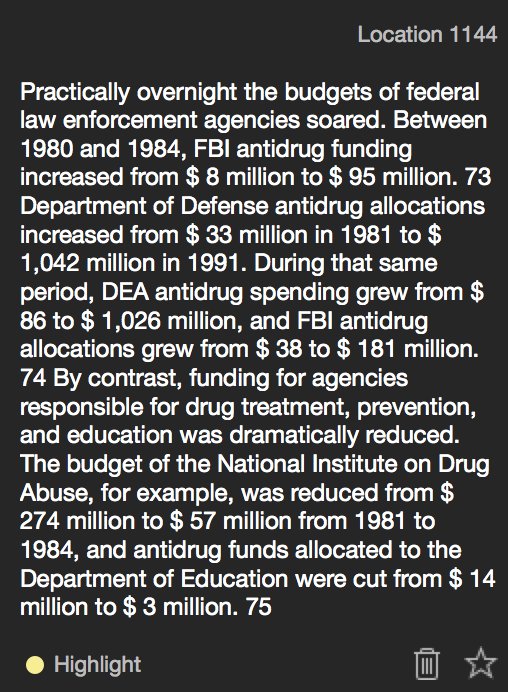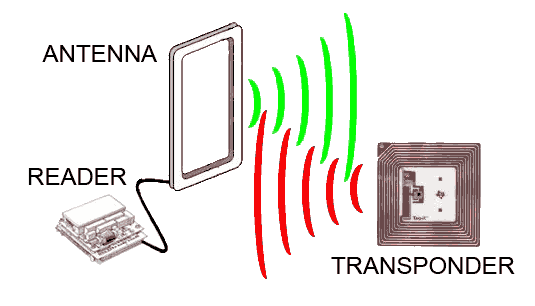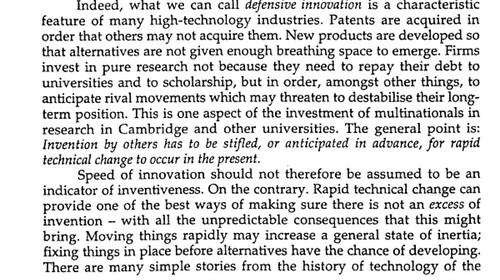Harris, A., Evans, H., & Beckett, K. (2010). Drawing Blood from Stones: Monetary Sanctions, Punishment, and Inequality in the Contemporary United States. American Journal of Sociology 115, 1753-1799.
In “Drawing Blood from Stones: Monetary Sanctions, Punishment, and Inequality in the Contemporary United States,” by Harris, Evans, and Beckett, the issue of legal financial obligations (LFO’s) and their effects on impoverished communities is discussed in detail. The authors begin the article by stating that the US incarceration rate is 6-12 times higher than those in comparable western European countries (Harris, Evans & Beckett, 2010, 1753). The authors also point out that “Between 1980 and 2007, the total number of people under criminal justice supervision- which includes the incarceration and those on probation and parole- jumped from roughly 2 million to over 7 million” (Harris, Evans & Beckett, 2010, 1754). These statistics are important to note, because the amount of LFO’s imposed on defendants who commit crimes, and those who are simply accused of crimes are increasing nationwide.
The method the authors used in their research was to analyze data from the Survey of Inmates in the State and Federal Correctional Facilities and from the Bureau of Justice Statistics data on sentencing. They also drew interviews with 50 Washington State residents living with felony convictions to determine how legal debt affects those who have it (Harris, Evans & Beckett, 210, 1766).
The majority of criminal punishment is concentrated in impoverished urban areas, and nearly 60% of young black men who have not graduated from high school have at some point been behind prison bars (Harris, Evans & Beckett, 2010, 1754). LFO’s are concentrated on poor areas with high populations of minority citizens. The authors state on page 1755,
“…The U.S. penal system is implicated in the accumulation of disadvantage and the reproduction of inequality for a number of reasons: the growing number of (mainly poor) people whose lives it touches, the impact of criminal conviction on employment and earnings…mass incarcerations’ destabilizing effects on families in urban communities, and the widespread imposition of ‘collateral’ or ‘invisible’ sanctions that transform punishment from a temporally limited experience to a long-term status” (Harris, Evans & Beckett, 2010, 1755).
LFO’s not only include general court fees, but fines and restitution orders. Not only is the national average according to the author’s research exceed $7,000 per offender, but all fines are subject to interest, surcharges, and collection fees (Harris, Evans & Beckett, 2010, 1759).
Furthermore, we have even gone so far as to impose fees on those utilizing indigent defense. Meaning, those who need a public defender because they cannot afford a private attorney, must pay a user fee regardless of the Gideon v. Wainwright decision (Harris, Evans & Beckett, 2010, 1758). That was decided in Oregon- a liberal state. Additionally, in Washington, Superior Court judges can now impose up to 17 fees on felony defendants when they are sentenced. In New York, they can impose 19 different fees (Harris, Evans & Beckett, 2010, 1758).
This is all important to the issue of impoverished communities because LFO’s are affecting the innocent sometimes more than those incarcerated or sentenced. This is because most defendants have children, for whom they have been mandated to pay child support for. When they cannot pay because of legal fees, their children and overall family health and structure suffer and deteriorate (Harris, Evans & Beckett, 2010, 1760). This only perpetuates the cycle of poverty and family disenfranchisement that is common in poor urban areas. LFO’s are in essence, helping to keep poor areas poor.

 This is a great video about RFID tags:
This is a great video about RFID tags:
 Source:
Source: 